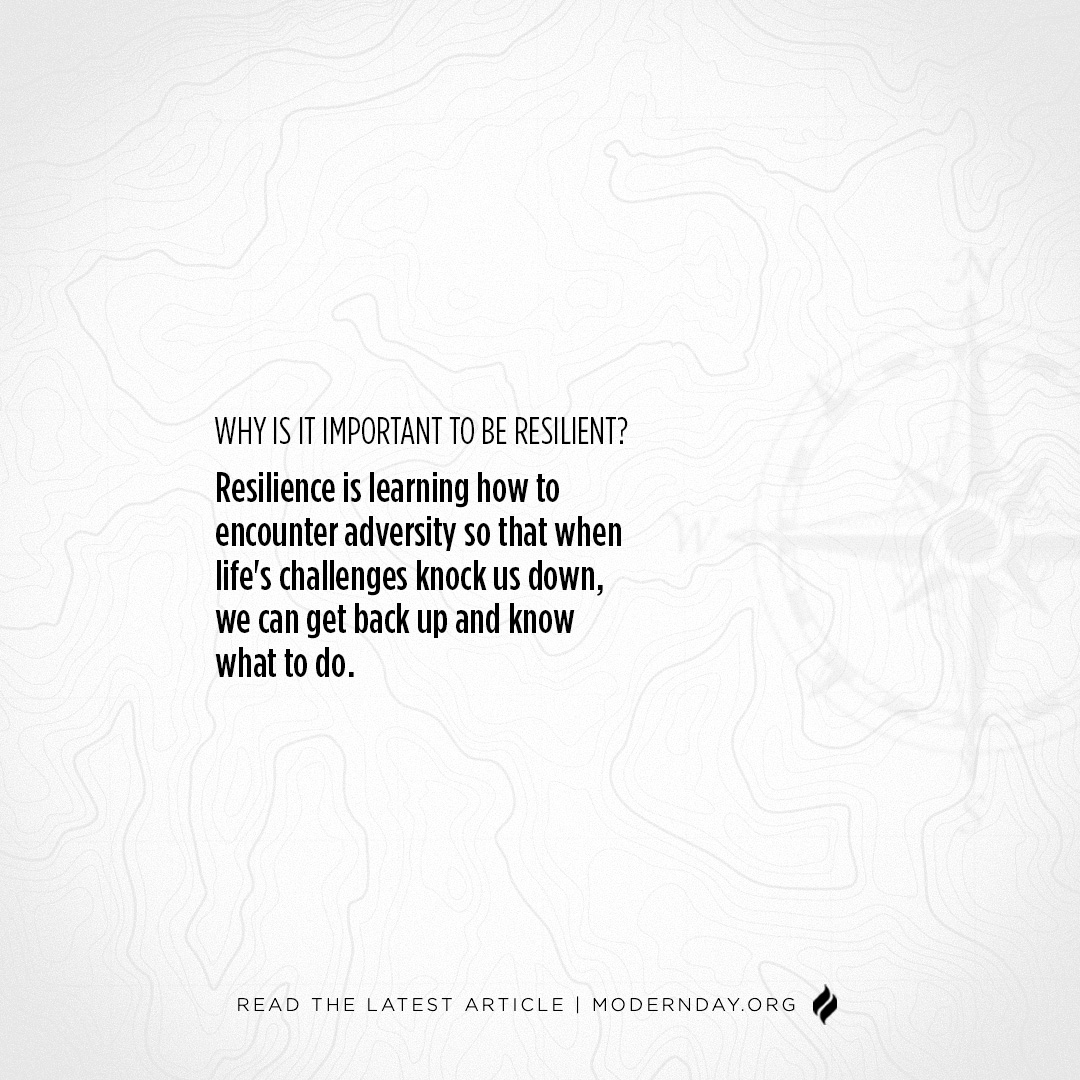EDITOR’S NOTE: The following is the last in a six-part series about unity in the Body of Christ. The views expressed in this series are the author’s and are not necessarily endorsed by Modern Day Missions.
By: Raymond Billy
I began this series with a rather bold proposition: The idea that Christians are disunited because of non-theological doctrines and denominational differences is mythological. Obviously, that statement needs qualification. After all, I’m aware that Catholics and Protestants in Northern Ireland had a bloody feud for decades, to name one noteworthy example of Christians in conflict. Hopefully, readers have understood that this series is speaking mainly about the state of the Church in America. It would have been literarily cumbersome to title this series “The Myth of American Christian Doctrinal Disunity.” Surely there are churches and preachers in the U.S. who would wage metaphoric war against other congregations because of doctrinal differences that have nothing to do with salvation, sanctification, evangelism or discipleship. However, such preachers appear to be few — and on the fringe.
It appears, then, that Christians are much more unified than advertised — and that unity is around the idea of sound theology. The denominations renowned for having the least biblical theology are the ones that are rapidly losing members — and entire congregations. According to the 2012 Yearbook of American & Canadian Churches, liberal denominations such as the United Methodists, Episcopalians, the Presbyterian Church USA and the United Church of Christ comprised four of the five denominations with the biggest membership declines in 2010, the most recent figures available. Each of those denominations promote extra-biblical ideas on issues relating to sexuality and final judgement.
Of course, some biblically sound believers do limit their associations with other Christians who also are fairly orthodox. Indeed, one man’s minor point of disagreement is another man’s reason for separation. But for better or worse, there will always be Christians who put up barriers between themselves and others over relatively small doctrinal differences. Ironically, some believers might react to this by disassociating themselves from Christians they deem to be too exclusive. Before severing ties with such people, the more inclusive believers might want to ask themselves this question: Is it better to associate with a group of believers who exclude some orthodox Christians in an overzealous defense of sound doctrine or believers who include heretics (thus embracing a false Christ and a false gospel) in defense of unity?
If you would like to make a financial contribution to Raymond Billy, CLICK HERE!







